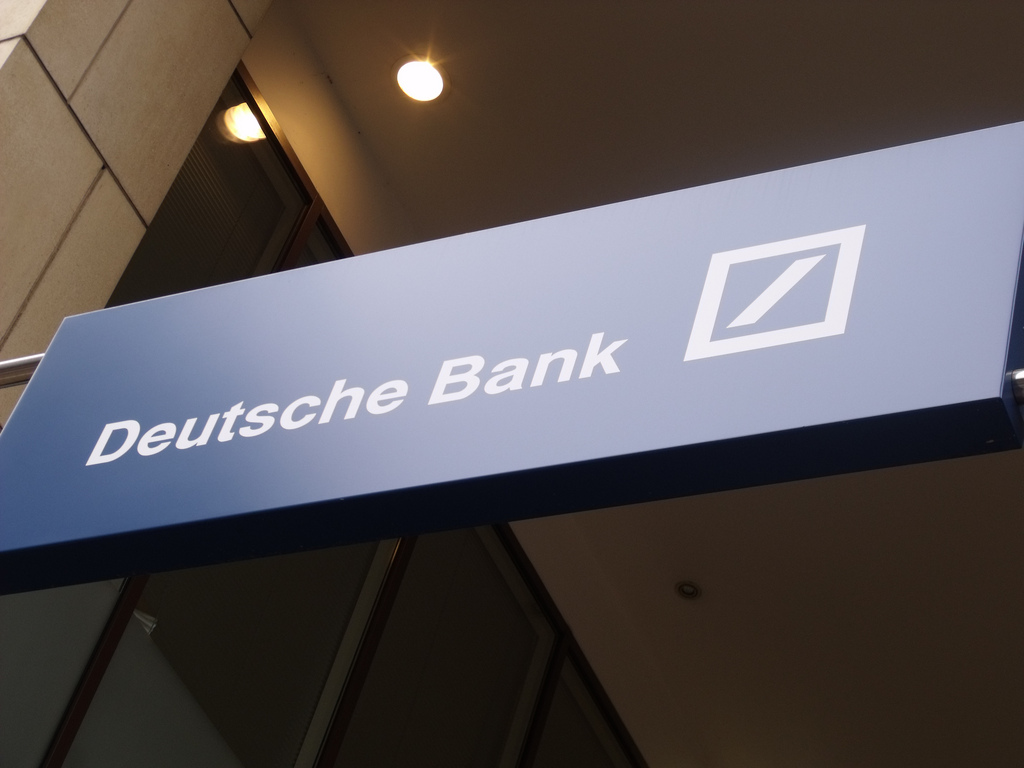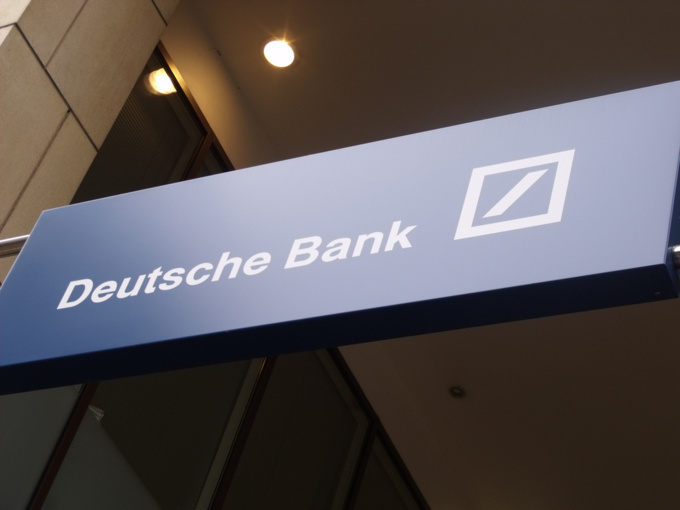Since the beginning of 2016, the 20 largest banks in the world have lost a quarter of its total market value, for a total equivalent to $ 465 billion, writes The Wall Street Journal, citing data from FactSet market research firm.
According to the publication, the maximum loss was pinpointed by Italian UniCredit, the market capitalization of which has fallen by almost two thirds. Market cap of Royal Bank of Scotland fell by 56%, while Credit Suisse, Deutsche Bank and Barclays crushed down by almost twice.
J.P. Morgan Chase and the Industrial and Commercial Bank of China, which have lost 10% of its value in dollar terms, showed the best indicators of market capitalization. Valued in local currency, prices of all 20 examined banks decreased over the last year, except for the British Standard Chartered, which value in pounds has not changed.
The estimates show a lack of confidence from investors’ side. For example, according to FactSet, UniCredit is now worth 21% of its book value, and capitalization of Deutsche Bank is 26% of what it was worth at the peak of the 2008 financial crisis. Market value of the German bank in dollar terms is now roughly equal to capitalization of a regional US bank SunTrust Banks Inc, operates on the south-east of the country.
Only Wells Fargo has its market value higher than the carrying, and these two measures are almost identical at J.P. Morgan Chase.
Such a fall in value of bank shares is obliged to a combination of reasons, writes the WSJ. Among them are the Chinese economy and its impact on the markets, expectations of Fed’s rate changes, and oil prices. The British referendum on secession from the EU has only exacerbated this trend.
June 24, election results showed that opponents of Britain’s membership of the European Union were prevailing in the country. Then the largest British banks have lost nearly a third of their capitalization in the first minutes of trading. Barclays’ shares then fell by 30%, Royal Bank of Scotland - 35% and Lloyd's Bank - 30%.
Previously, the largest German bank Deutsche Bank AG was labelled as the greatest risk to the global financial system, according to report of the International Monetary Fund (IMF) on Germany’s financial sector assessment.
"Among the global systemically important banks (G-SIBs), Deutsche Bank, followed by HSBC and Credit Suisse, are the most important factors of emergence of systemic risk", - the IMF said.
List of the world's systemically important banks currently consists ofthe 30 largest commercial banks. In addition to the above mentioned, it includes, in particular, Mitsubishi UFJ FG, Bank of China, BNP Paribas, Commerzbank, Unicredit Group, ING Bank. List of G-SIBs is made by an international organization created by G20 countries - the Financial Stability Board.
In connection with such an evaluation, IMF notes that importance of Deutsche Bank in the global financial system underscores need for appropriate risk management, intensive supervision and monitoring of cross-border risks.
source: wsj.com
According to the publication, the maximum loss was pinpointed by Italian UniCredit, the market capitalization of which has fallen by almost two thirds. Market cap of Royal Bank of Scotland fell by 56%, while Credit Suisse, Deutsche Bank and Barclays crushed down by almost twice.
J.P. Morgan Chase and the Industrial and Commercial Bank of China, which have lost 10% of its value in dollar terms, showed the best indicators of market capitalization. Valued in local currency, prices of all 20 examined banks decreased over the last year, except for the British Standard Chartered, which value in pounds has not changed.
The estimates show a lack of confidence from investors’ side. For example, according to FactSet, UniCredit is now worth 21% of its book value, and capitalization of Deutsche Bank is 26% of what it was worth at the peak of the 2008 financial crisis. Market value of the German bank in dollar terms is now roughly equal to capitalization of a regional US bank SunTrust Banks Inc, operates on the south-east of the country.
Only Wells Fargo has its market value higher than the carrying, and these two measures are almost identical at J.P. Morgan Chase.
Such a fall in value of bank shares is obliged to a combination of reasons, writes the WSJ. Among them are the Chinese economy and its impact on the markets, expectations of Fed’s rate changes, and oil prices. The British referendum on secession from the EU has only exacerbated this trend.
June 24, election results showed that opponents of Britain’s membership of the European Union were prevailing in the country. Then the largest British banks have lost nearly a third of their capitalization in the first minutes of trading. Barclays’ shares then fell by 30%, Royal Bank of Scotland - 35% and Lloyd's Bank - 30%.
Previously, the largest German bank Deutsche Bank AG was labelled as the greatest risk to the global financial system, according to report of the International Monetary Fund (IMF) on Germany’s financial sector assessment.
"Among the global systemically important banks (G-SIBs), Deutsche Bank, followed by HSBC and Credit Suisse, are the most important factors of emergence of systemic risk", - the IMF said.
List of the world's systemically important banks currently consists ofthe 30 largest commercial banks. In addition to the above mentioned, it includes, in particular, Mitsubishi UFJ FG, Bank of China, BNP Paribas, Commerzbank, Unicredit Group, ING Bank. List of G-SIBs is made by an international organization created by G20 countries - the Financial Stability Board.
In connection with such an evaluation, IMF notes that importance of Deutsche Bank in the global financial system underscores need for appropriate risk management, intensive supervision and monitoring of cross-border risks.
source: wsj.com



















